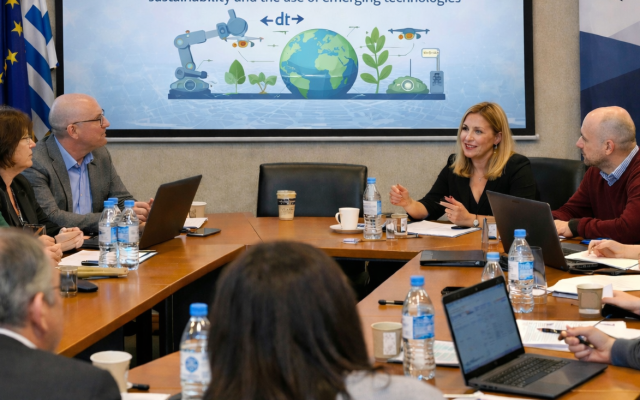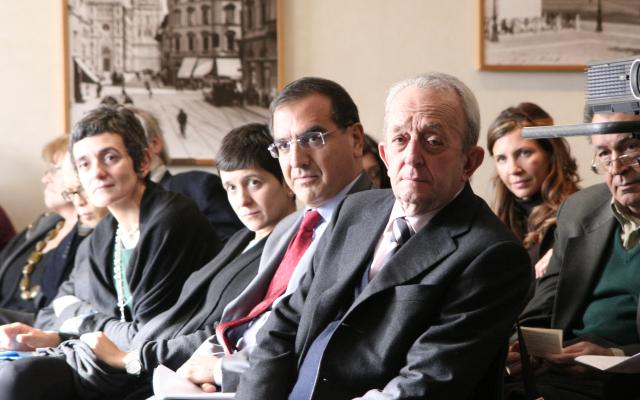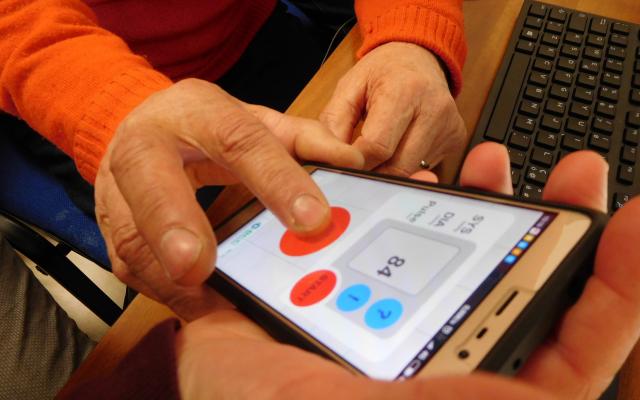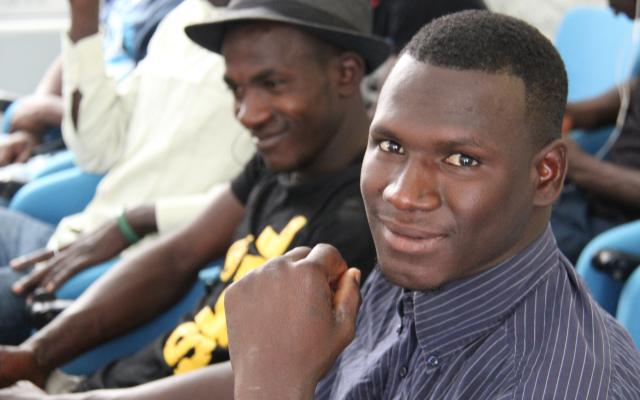The foreign population in Italy is younger than the native population, with a significant number of children and teenagers. Nearly 915,000 students in Italy do not have Italian citizenship, with an increase in unaccompanied minors and refugee children.
Challenges for foreign students include lower attendance rates, delayed enrollment, difficulties in completing studies, and higher dropout rates. Learning disabilities are often diagnosed among foreign students due to language and cultural adjustment challenges. There is a need for consistent measures to welcome and integrate students across schools to avoid disparities. [Source: Carits, Rapporto Immigrazione 2024]
Social inclusion and integration are pivotal for fostering cohesive and resilient societies. At the European Union (EU) level, these concepts are not only about ensuring equal opportunities but also about promoting social cohesion and economic stability.
The EU’s Commitment to Social Inclusion
The EU recognizes that successful integration and inclusion policies are essential for a well-managed migration and asylum system. The Action Plan on Integration and Inclusion 2021-2027 is a testament to this commitment. This plan outlines concrete actions to support Member States in overcoming integration-related challenges for migrants and EU citizens with a migrant background.
Key areas of focus include:
- Inclusive Education and Training: from early childhood to higher education, the EU supports faster recognition of qualifications and language learning;
- Employment Opportunities: enhancing skills recognition and promoting labor market integration, especially for women;
- Healthcare Access: ensuring equal access to health services for people born outside the EU;
- Housing Solutions: providing adequate and affordable housing through various EU funds.
Why the EU Supports Social Inclusion Policies
The EU’s support for social inclusion policies is driven by several factors:
- Social Cohesion: integration policies help build inclusive societies where everyone can participate and contribute;
- Economic Stability: migrants bring skills, energy, and talent that can boost the economy;
- Human Rights: ensuring that everyone, regardless of their background, can enjoy their rights and participate in community life.
The Role of Fondazione Mondo Digitale
Fondazione Mondo Digitale (FMD) plays a strategic role in promoting social inclusion and integration. Established in 2001, FMD is a non-profit organization that combines innovation, education, and inclusion to benefit all individuals without discrimination.
Some of FMD’s key initiatives include:
- Digital Literacy Courses: these courses aim to bridge the digital divide by providing essential digital skills to migrants and vulnerable groups.
- Community-Building Activities: FMD organizes activities that foster social cohesion and empower marginalized communities.
- Innovative Projects: projects like JOINclusion, which uses game-based learning to promote social inclusion among children with a migrant background and Abitare la città in modo competente which aims to develop paths of social, professional, and housing empowerment for asylum seekers.
Conclusion
The EU’s commitment to social inclusion and integration is crucial for building cohesive and resilient societies. By supporting policies that promote equal opportunities and social cohesion, the EU ensures that everyone can contribute to and benefit from economic and social progress. Organizations like Fondazione Mondo Digitale play a vital role in these efforts, providing innovative solutions and programs that empower migrants and marginalized communities.

by Alberta Testa, social media manager





